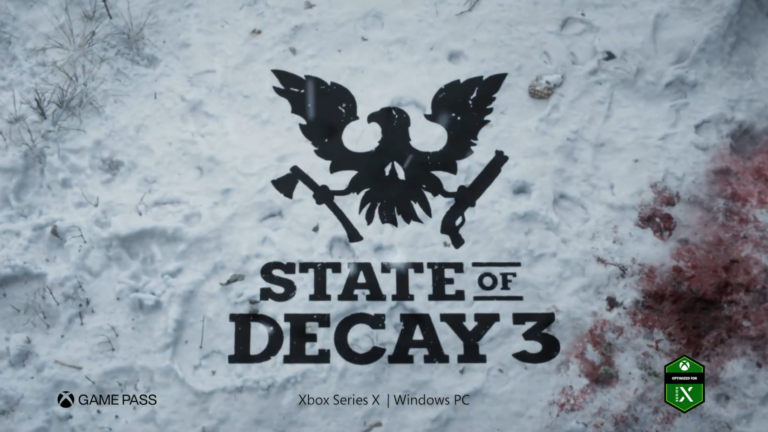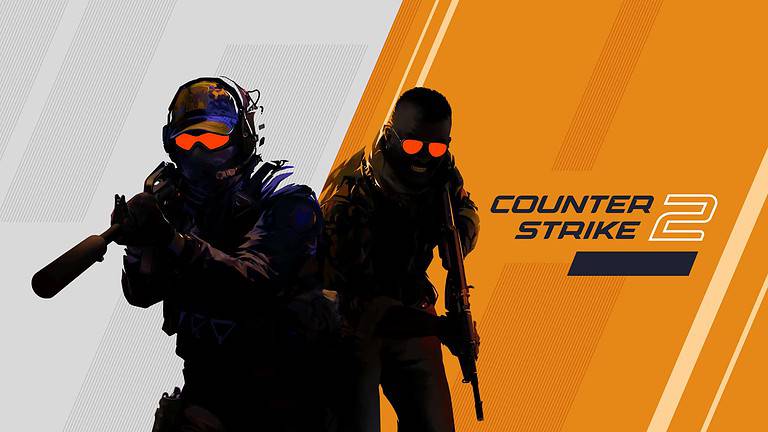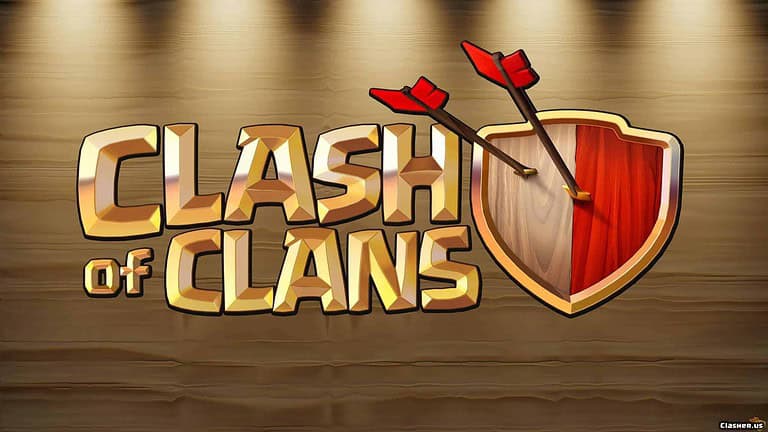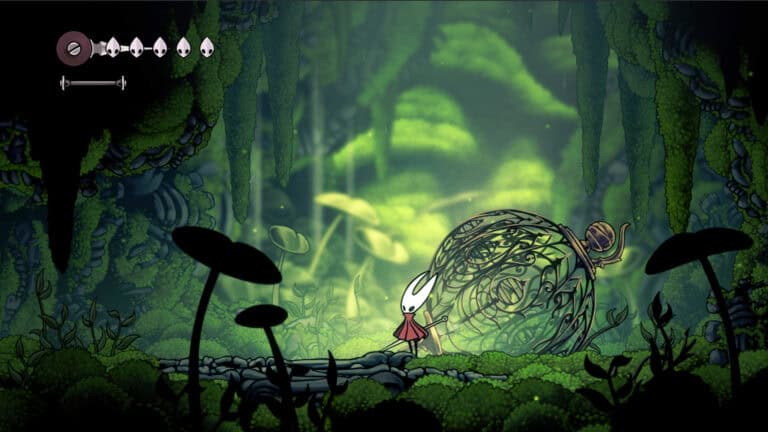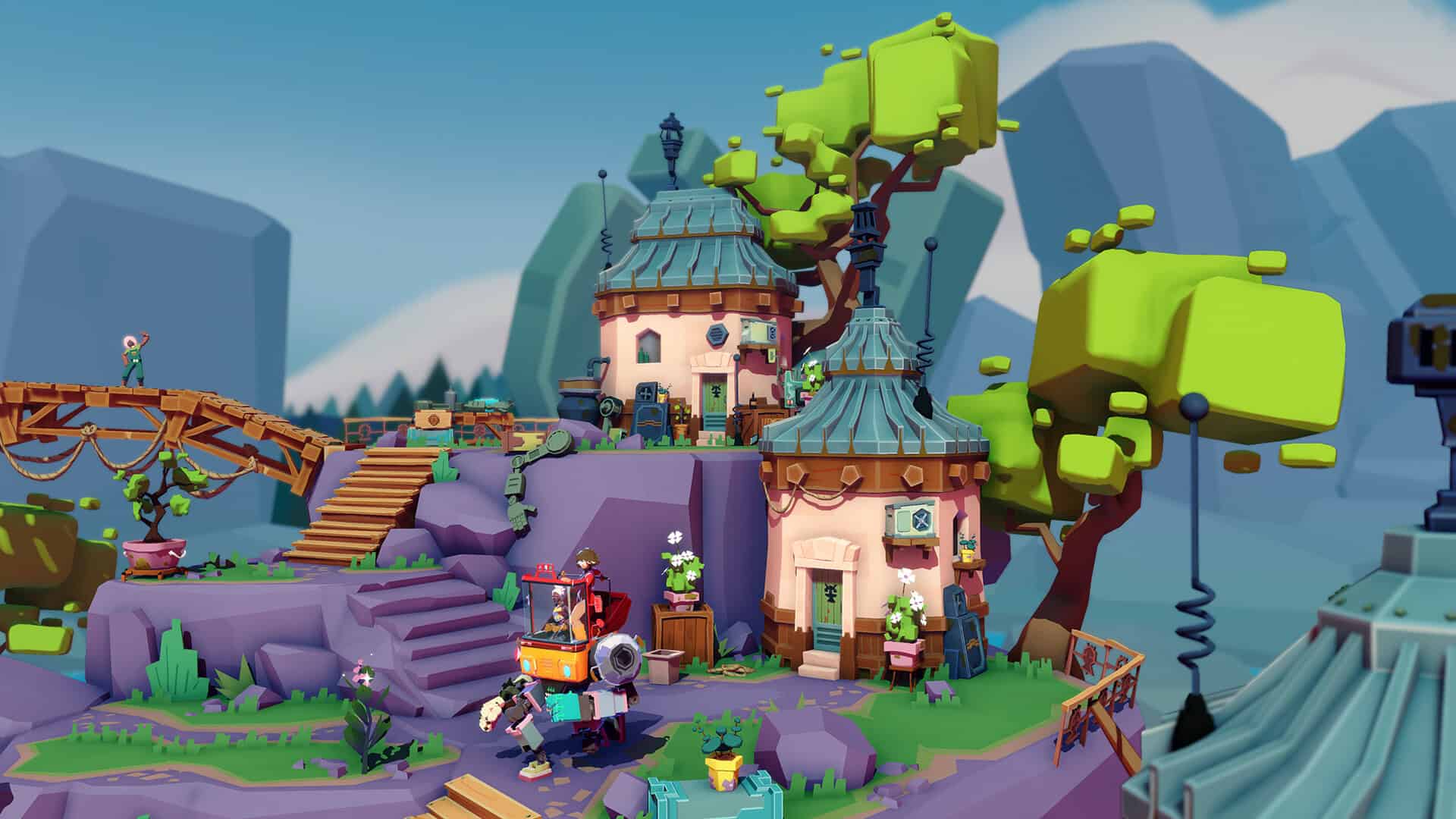
Project DOSA is a new adventure RPG from Outerloop Games, the team behind “Thirsty Suitors” and “Falcon Age.” It was announced at Summer Game Fest 2024 during the reveal of Outersloth, an indie game fund set up by Innersloth, the makers of “Among Us.” In Project DOSA, players explore a colorful 3D world using mechs while enjoying cooking adventures. You will control two sisters, Samara and Amani, as they travel through this vibrant landscape. The game features turn-based combat, cooking mechanics, and relationship-building elements, creating a unique gaming experience.
Developed by Outerloop Games, Project DOSA showcases the studio’s commitment to representing underrepresented cultures and themes. Players pilot an upgradeable mech suit, fight corporate enemies, and discover new recipes. The game emphasizes reconnecting with estranged loved ones through lovingly crafted meals and meaningful conversations.
Project DOSA offers a mix of action and narrative. Players engage in turn-based combat while also exploring the culinary world. The game encourages building relationships with local communities and bonding with friends and family. This blend of gameplay elements promises a rich, multifaceted adventure.
Exploring the World of Project DOSA
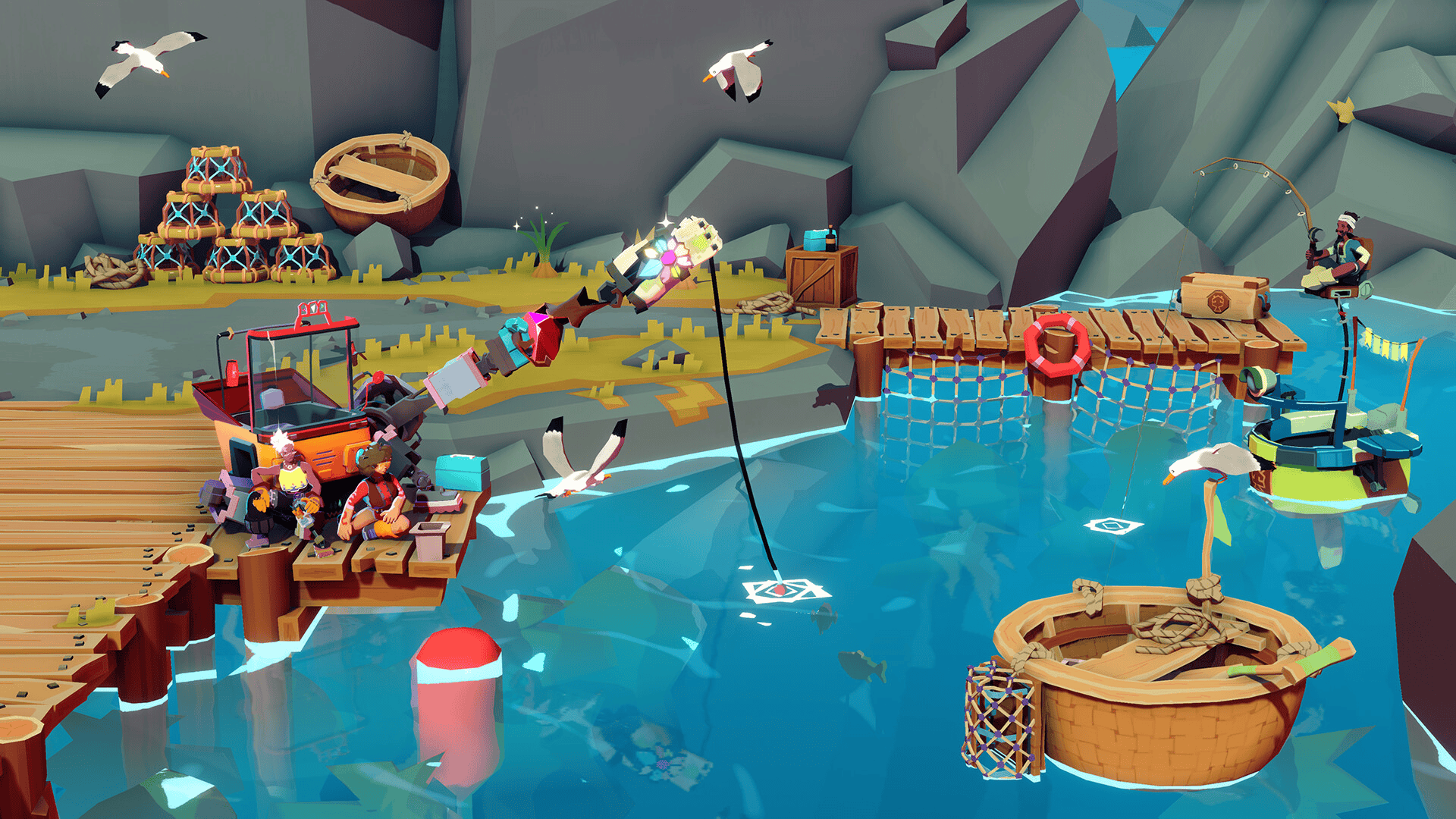
What is Project DOSA?
Project DOSA is an upcoming adventure role-playing game (RPG) from Outerloop Games, the team behind “Thirsty Suitors” and “Falcon Age.” It was revealed at Summer Game Fest 2024. The game stands out with its blend of cooking, mech action, and a focus on family. It’s supported by Outersloth, a new indie game fund from Innersloth, the creators of “Among Us.”
The Story and Characters
The game centers on two sisters, Samara and Amani. They travel the world in a customizable mech. They cook food for different communities. The story looks at themes of life, love, loss, and family ties. It also touches on anti-capitalist ideas. This mix of personal stories and social commentary makes Project DOSA unique.
Gameplay Mechanics
Project DOSA blends several game styles. You’ll explore, manage RPG elements, cook meals, and fight in turn-based battles. The enemies are described as “corpos,” likely representing corporate villains. Players will find new recipes, upgrade their mech, and build relationships with the people they meet. This variety should keep the gameplay fresh.
Release Information and Platforms
Project DOSA is planned for release on PC and consoles in 2026. The game’s Steam page is live. You can add it to your wishlist for updates. The game is still in development. More details will come later.
Key Features at a Glance
| Feature | Description |
|---|---|
| Genre | Adventure RPG with cooking and mech combat |
| Developer | Outerloop Games |
| Publisher/Funding | Outersloth (Innersloth) |
| Release Date | 2026 |
| Platforms | PC and Consoles |
| Key Themes | Family, cooking, mech action, anti-capitalism |
What Makes it Different?
Project DOSA’s blend of cooking and mech combat is unusual. The focus on family and social issues gives it a unique feel. The support from Outersloth also suggests a strong backing for the game’s development.
Key Takeaways
- Project DOSA combines mech gameplay with cooking and relationship-building elements
- The game features turn-based combat, recipe discovery, and community interactions
- Outerloop Games aims to represent underrepresented cultures through this unique gaming experience
The Essence of Project DOSA
Project DOSA blends storytelling, gameplay mechanics, and cultural themes into a unique gaming experience. It explores family bonds, personal growth, and culinary adventures through an innovative mix of genres.
Concept and Storytelling
Project DOSA centers on sisters Samara and Amani as they embark on a journey of reconnection and reconciliation. The game delves into themes of life, love, and loss, set against a vibrant world filled with diverse characters and cultures. Players guide the sisters as they attempt to heal rifts with estranged friends and family members.
The narrative unfolds through conversations, shared meals, and pivotal moments that shape the sisters’ relationships. Food plays a central role, serving as a metaphor for cultural identity and a tool for bridging emotional gaps. The game’s story touches on personal histories, familial expectations, and the challenges of maintaining connections in a complex world.
Game Mechanics
Project DOSA combines multiple gameplay elements to create a rich, interactive experience. The core mechanics include:
- Turn-based combat with narrative elements
- Platforming sections using an upgradeable mech suit
- Cooking mini-games to prepare meals for characters
Players navigate the world in a spirit-mech, which can be upgraded throughout the game. This mechanic adds depth to exploration and combat scenarios. The turn-based battles incorporate storytelling elements, allowing players to use both physical attacks and emotional appeals to resolve conflicts.
Cooking plays a crucial role in relationship-building. Players gather ingredients, prepare dishes, and share meals with other characters. These culinary interactions serve as a means to unlock new dialogue options and strengthen bonds between characters.
Gameplay Experience
Project DOSA offers a unique blend of turn-based combat, exploration, and relationship-building. Players navigate a vibrant world, battling foes and forging connections with friends and family.
Exploration and Combat
Players traverse diverse environments in Project DOSA, uncovering new recipes and building relationships with local communities. The game features turn-based combat against corporate enemies. Players use their upgradeable mech to fight these battles.
The combat system encourages strategic thinking. Players must choose their actions wisely to defeat opponents effectively. As players progress, they unlock new combat abilities and techniques.
Exploration is a key aspect of the game. Players discover hidden areas, interact with NPCs, and uncover the rich lore of the game world. This exploration ties directly into the combat and story elements.
Upgrades and Customization
Project DOSA allows players to customize their experience through various upgrades. The upgradeable mech serves as a central element of this system. Players can enhance its abilities, appearance, and functionality.
Customization extends beyond the mech. Players can upgrade their cooking skills, unlocking new recipes and abilities. These culinary upgrades impact both combat and story elements.
The game’s upgrade system ties into the relationship-building mechanics. As players bond with friends and family, they unlock new upgrade options. This creates a compelling loop of exploration, combat, and personal growth.
Technical Requirements
Project DOSA demands specific hardware and software configurations for optimal performance. The game’s technical requirements ensure smooth gameplay and immersive experiences.
System Specifications
Project DOSA runs on PC platforms, requiring Windows 10 as the operating system. The game needs an Intel Core i3 or AMD Phenom II processor at minimum. For graphics, players should have an NVIDIA GeForce GTX, AMD Radeon, or Intel Arc GPU.
These specifications allow the game to render its vibrant world and detailed characters. Players need at least 8GB of RAM to handle the game’s memory demands. A solid-state drive (SSD) is recommended for faster loading times.
The game’s audio requirements include a DirectX compatible sound card. A stable internet connection is necessary for online features and updates. Controllers are supported for alternative gameplay options.
Developers optimize Project DOSA for a wide range of systems. This ensures accessibility for various PC setups while maintaining visual quality and performance.
Cultural Significance and Reception
Project DOSA has made a significant impact on local communities and the indie game industry. Its innovative approach to RPG gameplay and non-traditional funding methods have garnered attention from players and developers alike.
Community and Social Impact
Project DOSA’s vibrant world resonates with players from diverse backgrounds. The game’s focus on family dynamics and cultural representation has struck a chord with many. Players report feeling seen and understood through the game’s storytelling.
Local communities have embraced Project DOSA, organizing events and meetups centered around the game. These gatherings foster connections between players and celebrate shared experiences. Schools have even incorporated elements of the game into cultural education programs.
Online forums dedicated to Project DOSA buzz with activity. Fans share fan art, discuss strategies, and form lasting friendships. The game’s community-driven nature has created a welcoming space for players of all ages and backgrounds.
Development and Funding
Outerloop Games took an unconventional approach to funding Project DOSA. The studio eschewed traditional publisher relationships in favor of crowdfunding and grants. This allowed them to maintain creative control and stay true to their vision.
The development team actively sought input from cultural consultants throughout the process. This collaborative approach ensured authentic representation and helped avoid potential missteps. The studio’s commitment to diversity extended to their hiring practices, assembling a team from varied backgrounds.
Innersloth, creators of Among Us, provided mentorship to the Outerloop team. This partnership helped the smaller studio navigate the challenges of indie game development. Project DOSA’s success has inspired other developers to explore non-traditional funding methods and tackle underrepresented themes in their games.
Frequently Asked Questions
Project DOSA combines gameplay elements with cultural exploration and culinary themes. Players navigate through various challenges while discovering the rich world of dosas.
What are the steps involved in preparing a dosa from the project?
Players start by selecting ingredients from their inventory. They mix rice and lentil batter, then spread it on a virtual griddle. Cooking requires timing and skill to achieve the perfect crispness.
Can you list popular variations of dosa recipes featured in Project DOSA?
The game showcases several dosa types. Masala dosa filled with spiced potatoes is a fan favorite. Rava dosa made from semolina offers a crispy texture. Cheese dosa appeals to those seeking a fusion twist.
What genres does Project DOSA’s game fit into?
Project DOSA blends multiple genres. It incorporates platforming elements as players traverse the world. Turn-based combat features in battles against corporate entities. Cooking simulation plays a central role in the gameplay loop.
How does the gameplay of Project DOSA differentiate from other games?
The game stands out with its unique mech-based exploration system. Players upgrade their mech to access new areas. The combination of cooking mechanics and narrative-driven quests creates a distinctive experience.
What are the cultural significances of dosa in the context of Project DOSA?
Dosas serve as a metaphor for connection in the game. They represent familial bonds and cultural heritage. The act of sharing meals becomes a central theme in reconnecting with estranged friends and family members.
What are some tips and tricks for mastering the game in Project DOSA?
Efficient resource management is key. Players should focus on upgrading their mech strategically. Experimenting with different dosa recipes can unlock new abilities. Building relationships with local communities often leads to valuable rewards and story progression.

